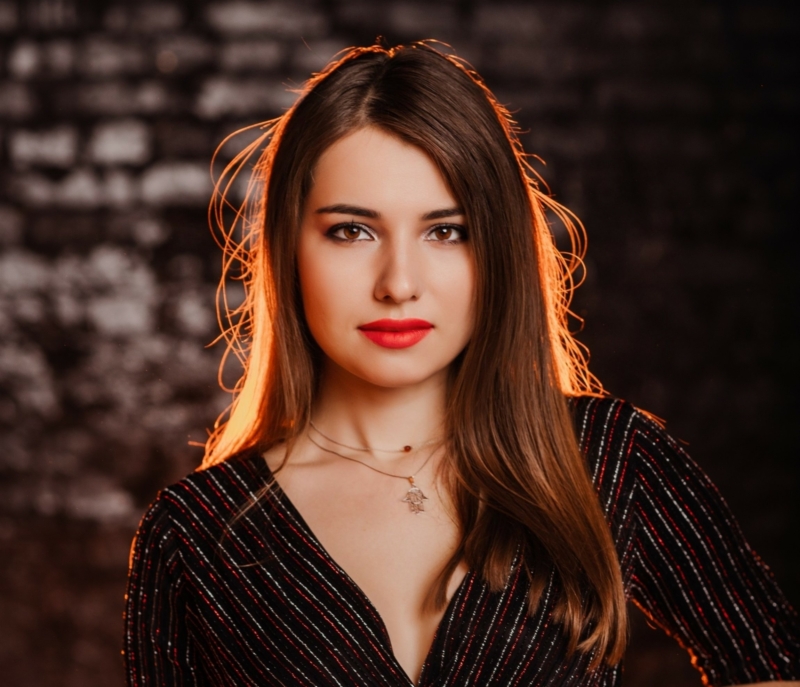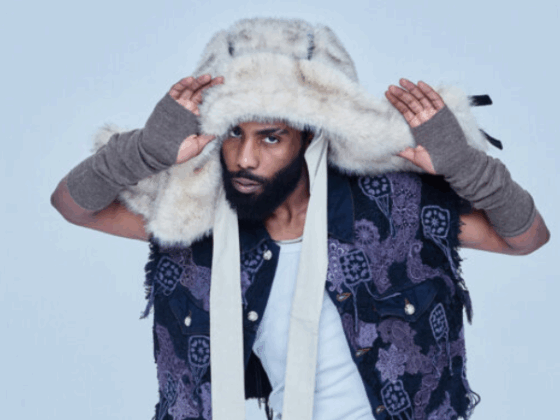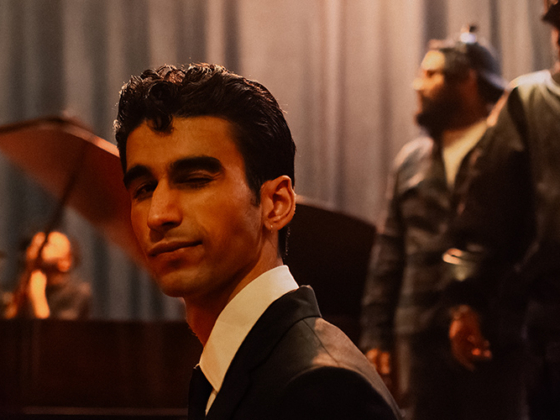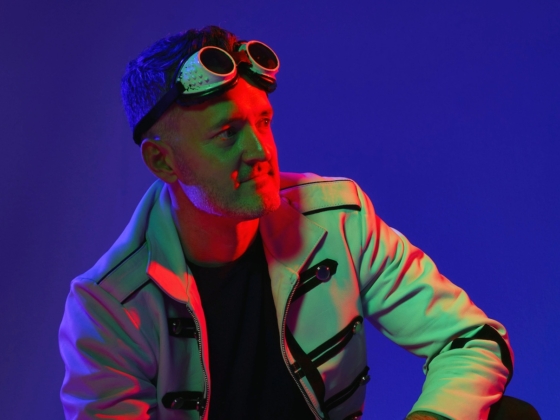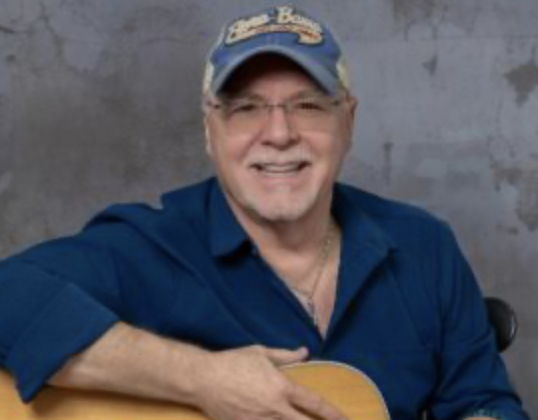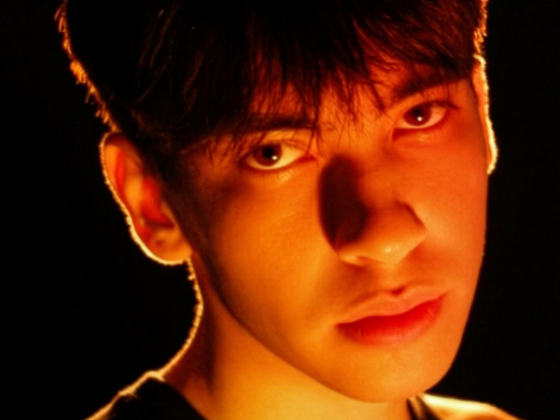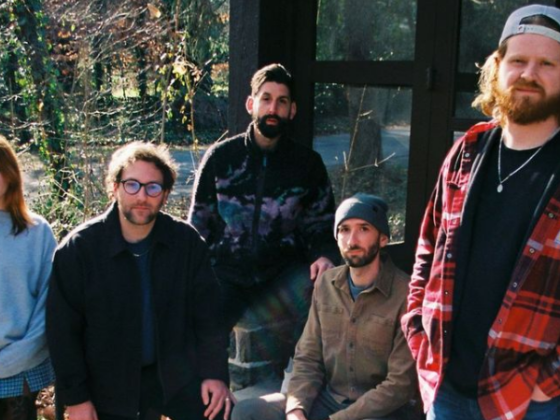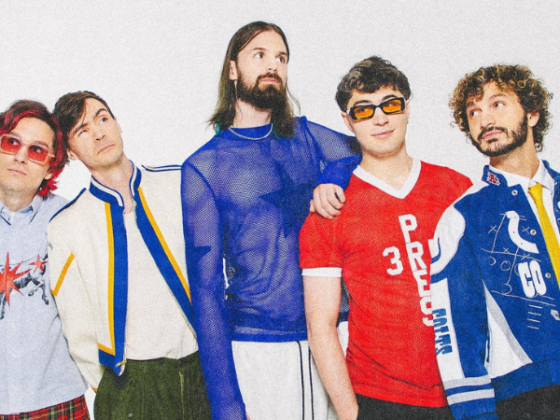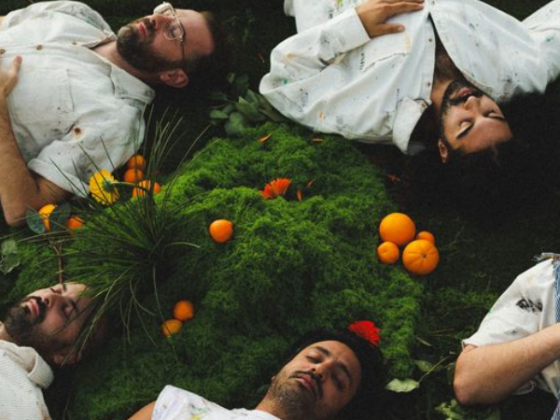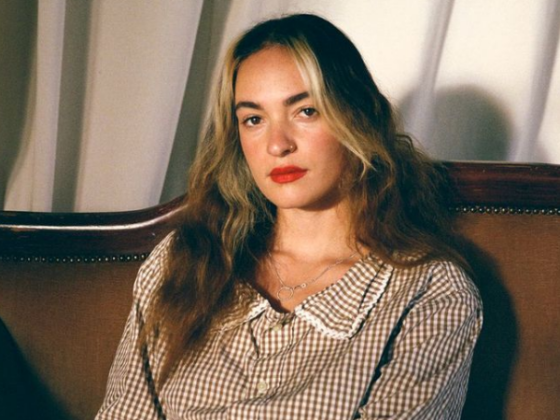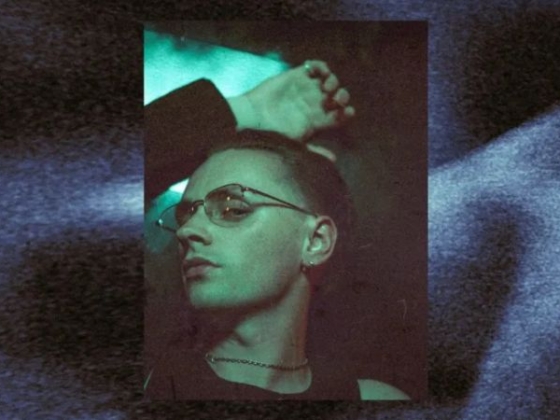The acclaimed vocalist Tatiana Kharlamova is breaking every rule in the book and getting incredible results on international stages. The music education world has a dirty little secret: it's failing most of its students. Despite music programs existing in nearly every American school, over 50% of students quit their instruments within the first two years of playing, according to research from Grammy-nominated educator Anthony Mazzocchi. Meanwhile, the vocal performance industry is experiencing its own revolution – artists are breaking away from rigid classical traditions and developing more intuitive, body-based approaches to singing.
Tatiana Kharlamova is a 35-year-old international vocalist who has captured attention with her powerful performances across continents, from major festivals to intimate venues. She's best known for her recent triumph as a second-place laureate at New York's prestigious DIVA VOICE World Award, earning recognition as one of the top vocal talents in this highly competitive international event. The artist has performed extensively across Russia, the US, Turkey, and Armenia, building a reputation for her emotionally compelling performances and innovative approach to vocal training. But Tatiana is more than just a performer – she's become a voice for change in how we think about vocal artistry, developing her own unique vocal teaching methodology that's catching the attention of industry professionals worldwide.
Making waves internationally, Tatiana has developed this innovative vocal teaching methodology that bridges traditional classical training with contemporary performance demands, creating a more intuitive way for artists to connect with their voices. Her methodology integrates physical sensation and spatial awareness into vocal technique, helping performers unlock authentic expression rather than just technical precision. We chat with Tatiana all about her vocal teaching methodology, festival performances and more!
Tatiana, your background spans classical training to contemporary performance. How did that journey shape your understanding of what's missing in traditional vocal education, and how has that influenced your own artistry?
My path has been anything but linear. I started with rigorous classical training – music college, traditional technique, the whole foundation. That gave me incredible technical skills, but I felt like something was missing. When I started performing internationally: competitions in Turkey, Armenia, eventually Russia and the US. I realized that each culture approached voice differently. Classical training taught me precision, but performing taught me that voice is about so much more than hitting the right notes. I began developing a kinesthetic vocal teaching methodology building on visual-imagery methods in vocal training – using physical sensation and spatial awareness to unlock vocal potential. Instead of just thinking about breath support abstractly, I help artists feel it through their whole body. When I was competing, this vocal teaching methodology helped me stand out because my performances felt more grounded and authentic. Now that I'm in the US, I'm seeing how hungry artists here are for methods that actually connect them to their instrument rather than just drill technique.
You've served as a judge for competitions like DIVA VOICE World Award alongside Grammy winners and worked with diverse artists through your performances. What do you look for in exceptional vocal performances, and how has your own performing experience influenced those criteria?
Being on both sides, as performer and judge, gives you this unique perspective. When I'm evaluating talent, whether at the Art Bird festival or DIVA VOICE ceremonies, I'm not just listening for technical perfection. I'm watching for that moment when an artist transcends their training and becomes genuinely compelling. You can feel it in the room – suddenly 200 people lean forward at the same time. What creates that magic is usually an artist who's learned to use their technique as a launching pad for authentic expression, not as an end goal. My own performing experience taught me that audiences connect with vulnerability and truth, not just vocal gymnastics. The artists who succeed internationally are those who've found ways to make their voice an extension of their personality and story.
Your performance career spans major festivals to intimate venues, plus your work as lead vocalist with PartyLand, one of Moscow's most sought-after cover bands performing at premium corporate events. How does adapting to such different contexts inform your understanding of what contemporary vocalists need to develop?
The range keeps me sharp and teaches me something new about vocal adaptability every time. Performing at massive festivals like "Summer in Moscow 2024" requires this enormous energy projection – you're connecting with thousands of people simultaneously. With PartyLand's corporate events, I became this musical chameleon, reading rooms and adapting not just song choices but entire vocal teaching methodology in real-time. Each context taught me that voice isn't this fixed thing – it's an incredibly adaptable instrument that should respond to environment, audience, and emotion. Contemporary vocalists need to develop this flexibility, this ability to be authentically themselves while meeting the moment's demands. That's what separates working artists from those who stay stuck in academic exercises.
Your unique vocal teaching methodology to vocal training is now being adopted by other professionals in the industry. How important is it for performing artists to also contribute to the evolution of their craft?
I think it's crucial, especially now when the industry is changing so rapidly. My vocal teaching methodology vocal teaching methodology has already been adopted by colleagues in various studios – they're incorporating the physical and spatial elements I developed into their own work with artists. That's incredibly rewarding because it means the approach is solving real problems that other professionals face. I've also published research on vocal acoustics and these body-based techniques, which helps document what actually works in performance versus what traditional training assumes will work. When you're competing internationally, you discover things about voice that conservatory methods never address. I plan to continue this research because there's so much more to explore about how physical awareness can transform vocal performance. The goal isn't just personal success – it's about elevating the entire field. When I can help other artists and teachers understand why these methods work, that creates a ripple effect that benefits performers everywhere.
You're not just performing covers – you're also creating original music. Can you tell us about your creative process as a songwriter and how your unique approach vocal teaching methodology to vocal training influences the music you're writing?
Creating original music has become this incredible outlet for everything I've learned about authentic vocal expression. When I'm writing, I'm not just thinking about melody and lyrics – I'm considering how the physical experience of singing each phrase will connect with listeners. My body-based vocal teaching methodology to vocals actually informs the songwriting process because I'm constantly aware of how different emotional states feel in the voice and how to capture that in the composition. I've been working on material that really showcases this integration between technique and authentic expression. The goal is to create songs that not only sound good but feel genuine to perform, because that authenticity translates to the audience. It's exciting to have this platform where I can demonstrate these principles through original work rather than just talking about them.
You're currently in the US and seeing the American music scene firsthand. What differences do you notice in how vocalists approach their craft here versus other markets you've experienced?
The American scene is fascinating because there's this incredible diversity of approaches coexisting. You have artists coming from classical conservatory training alongside those who are completely self-taught, and everything in between. What I love here is the entrepreneurial spirit, artists are more willing to experiment and take creative risks. In some other markets, there's more adherence to traditional pathways. American artists seem hungrier for methods that actually work rather than just following established protocols. There's less tolerance for pretense and more appreciation for artists who've found genuine ways to connect with their instrument. The challenge is that with so much diversity, it can be overwhelming for artists to know which approaches to trust. That's why developing a clear understanding of your own vocal process becomes even more crucial here.
So what's your vision for how vocal artistry should evolve, and how do you see your role in that evolution?
I want to see vocal artistry become more inclusive and intuitive. Right now, too many talented artists get discouraged because traditional training doesn't match how they naturally learn or express themselves. My vision is helping develop vocal teaching methodology that meet artists where they are rather than forcing them into rigid molds. The vocal teaching methodology to vocal training I've been developing can work for anyone: from classically trained singers wanting to add more authenticity to their performances, to completely untrained artists who need to build technique without losing their natural instincts. I'm working on a comprehensive guide that will make these methods accessible to artists worldwide. I also want to continue performing at the highest levels while sharing what I learn through that process. When I can help an artist discover that their voice isn't just a technical instrument but an extension of their entire being, that's when we create something truly transformative. The future of vocal artistry should be about empowering every artist to find their most authentic and powerful expression.
Connect with Tatiana Kharlamova: INSTAGRAM

